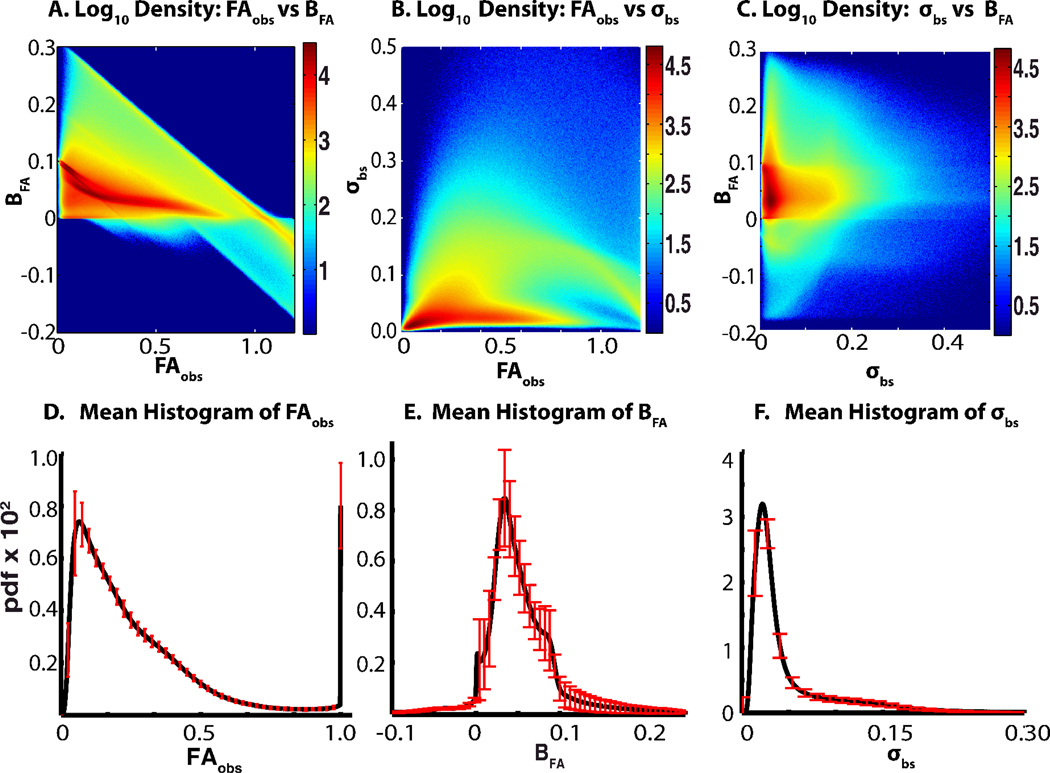Towards Automatic Quantitative Quality Control for MRI
C. Lauzon, B. Caffo, and B. Landman. “Towards Automatic Quantitative Quality Control for MRI.” In Proceedings of the SPIE Medical Imaging Conference. San Diego, California, February 2012 (Oral Presentation)
Full text: https://www.ncbi.nlm.nih.gov/pubmed/23087586
Abstract
Quality and consistency of clinical and research data collected from Magnetic Resonance Imaging (MRI) scanners may become suspect due to a wide variety of common factors including, experimental changes, hardware degradation, hardware replacement, software updates, personnel changes, and observed imaging artifacts. Standard practice limits quality analysis to visual assessment by a researcher/clinician or a quantitative quality control based upon phantoms which may not be timely, cannot account for differing experimental protocol (e.g. gradient timings and strengths), and may not be pertinent to the data or experimental question at hand. This paper presents a parallel processing pipeline developed towards experiment specific automatic quantitative quality control of MRI data using diffusion tensor imaging (DTI) as an experimental test case. The pipeline consists of automatic identification of DTI scans run on the MRI scanner, calculation of DTI contrasts from the data, implementation of modern statistical methods (wild bootstrap and SIMEX) to assess variance and bias in DTI contrasts, and quality assessment via power calculations and normative values. For this pipeline, a DTI specific power calculation analysis is developed as well as the first incorporation of bias estimates in DTI data to improve statistical analysis.
